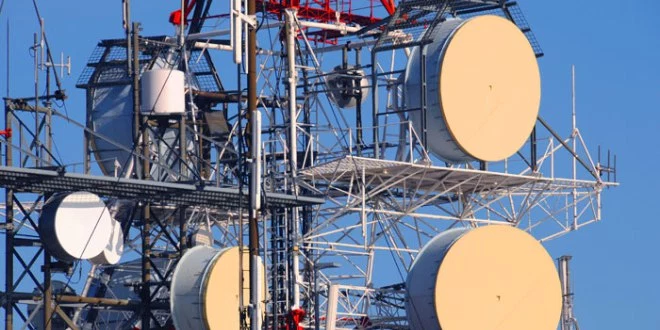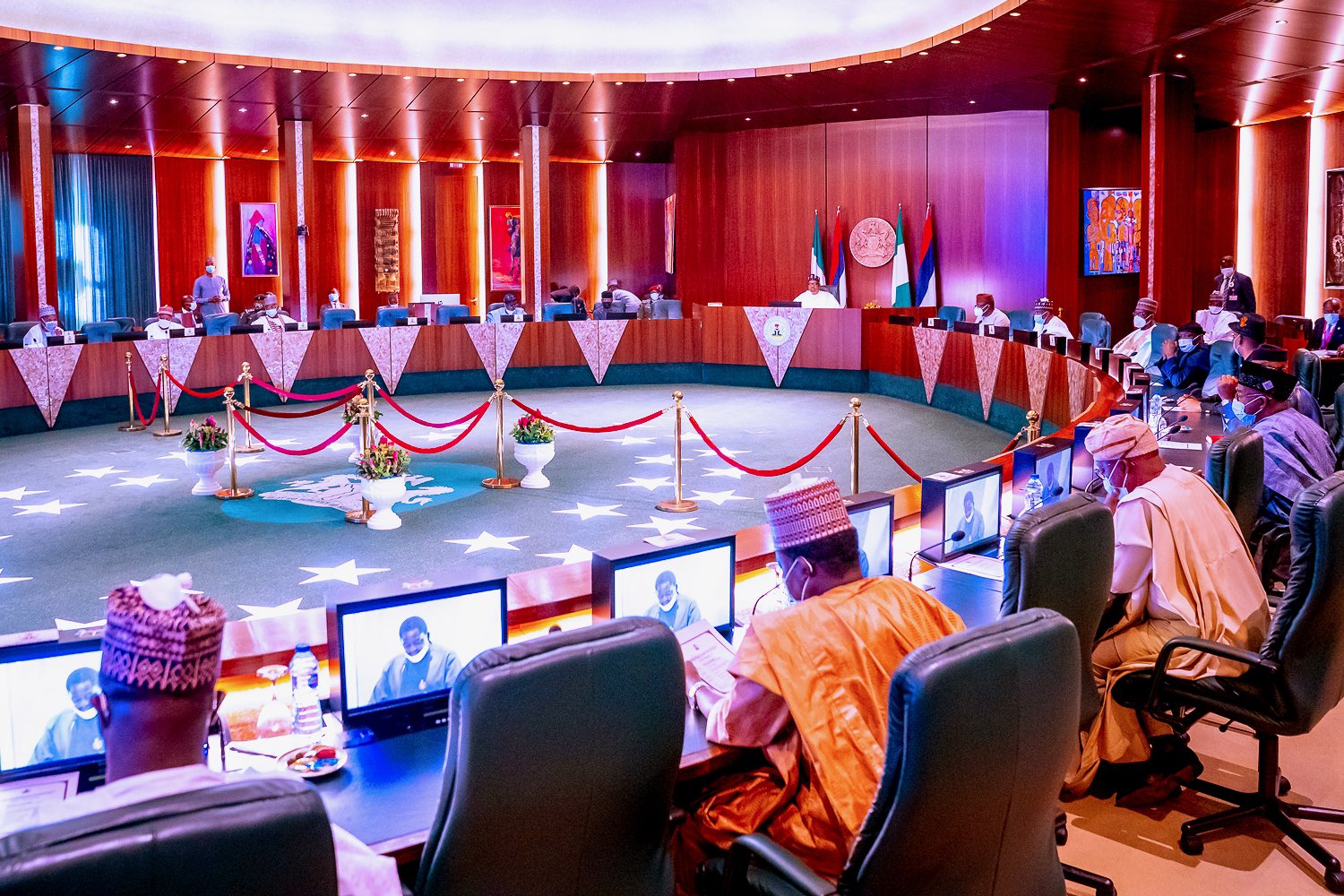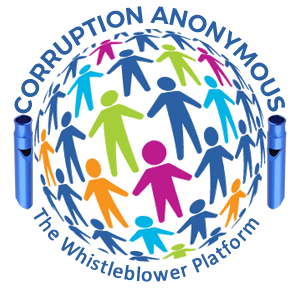There was suppressed excitement across the land last week. The country’s economy, dealt a massive blow into depression by COVID-19, suddenly witnessed a renaissance, a stirring out of that dazed stupor into some place under the sun, making some of us to learn how to smile again.
The news was so sudden that some people didn’t know how to believe it and are only now trying to respond in a way to encourage the economic minders to do even more. Because the possibility is that if we mistake these tiny ripples of life to be strong signs of real recovering, there is the more likelihood that we go into a more serious one as we often don’t know how to dance our way out of trouble but instead force ourselves down the slippery slope like somebody courting disaster.
This is why the people walk about wearing forlornness as garment. The economy is dreary. Life is cruel and the danger which stalks us can break into death any time.
Therefore, the announcement that Nigeria witnessed 0.11% in Q4’2020 sounded more like music to the ears although Nigerians are not about breaking into a dance. They have been so disappointed over the years, taking promises in their face value to the effect that they are unable to seek forgiveness for attracting this moment of hazardous folly upon themselves. But good news is good news and even in its infinitesimal manifestation in our land, we must manage a smile with suspicious restraints.
Advertisement
The smile came last week, giving a justification to the alarmists, those always shouting about the protection of the telecommunications sector, that they are not wrong and that there is, indeed, a justification to jealously secure the sector for our collective good. The cliché instructs that you do not kill the fowl that lays the golden eggs! The ICT sector of which Telecoms remains a very visible component is heading down that lane that attracts protection and preservation.
The figures released by the National Bureau of Statistics (NBS) which showed a mild positive economic growth of 0.11 per cent also credited the Information and Communications Technology Sector with an encouraging growth of 15.06 per cent in Quarter 4, 2020, thus remaining one of the few sectors to enjoy a double digit growth throughout the year in spite of the pandemic, with others being 13.47 per cent Quarter 3, 2020, 17. 83 per cent Quarter 2, 2020, and 14.07 Quarter 1, 2020.
Comparatively, the Oil sector contributed 5.87 per cent in the same quarter down from 8.73 per cent in Quarter 3, 2020. The report noted that oil production stood at 1.56m barrels per day which is way below the 2.00m per day recorded in the same quarter of 2019. In everything production there is unpredictability especially in our part of the world and the oil sector is not sequestered from such vagaries. And this should give us some concerns because we are still some years away from what Jeremy Rifkin called the ‘carbon bubble’ in his book, The Green New Deal, when the world will rely more on cleaner sources of energy, and what we have always bragged about as our massive investment in the oil sector, the magic mono product that sustains our economy, will become stranded assets. That day is not far away and yet our oil production is not stable enough to meet the exigencies of the immediate.
Advertisement
So, in a troubled world the ICT sector rallied to a surge. This is hardly surprising because technology has always been there to ameliorate the worries of the world in moments of crisis. This is what has happened in Nigeria. When the world started to shut down last year under the weight of COVID-19 and shifted the breathing pattern to a new normal, ICT provided the vessels of communication. There were no movements but people were talking. There were no cinemas yet people were entertained. Even when jobs were lost and people suffered hunger they still scrounged enough to buy air time so that they could stay connected. But for technology it would have been a nightmare far beyond what anybody could ever imagine. What showed on the GDP is not a fluke and, without being a prophet, technology is going to provide the support structure for our GDP into the foreseeable future.
You therefore need to understand the alarmists when they cry that the telecommunications sector needs to be delivered and protected. As I write, there are still some states that put strictures on the part of service rollout by telecom operators or even allow expansion where services are already available. In parts of the country where there are security challenges – and the challenges are pervasive – but obviously more serious in some areas, telecommunications services have been seriously disrupted and or totally decoupled from existence.
Plus the security challenges are the activities of some highly placed government officials, the politicians among them who throw their weight around some regulatory agencies while trying to approximate the laws setting up these agencies. This writer has always shouted on this column that the telecommunications and Broadcast sectors are too important to be subjected to the mood swings of an ephemeral politician. They need to be freed up for growth to enable the sectors build up the strength to leverage the country into the future. Those who doubt the importance of ICT should ask themselves just these questions: Where was Zoom two years ago and where is it now? Which technology supplies the oxygen to the new normal?
One other matter. The government seems to be thinking right when, last week, the Federal Executive Council (FEC) approved about N8.9bn for a new National Information and Communication Technology park in the Federal Capital Territory (FCT). My little warning is that this project should not be a packaged deal for any politician or a political stunt. This nation obviously needs such intervention projects that can withstand or at least attenuate a headline inflation of 16.47 per cent and food inflation of 20.57 percent. We need to put an end to the hunger in the land using technology.
Advertisement
Okoh Aihe writes from Abuja
Views expressed by contributors are strictly personal and not of TheCable.







